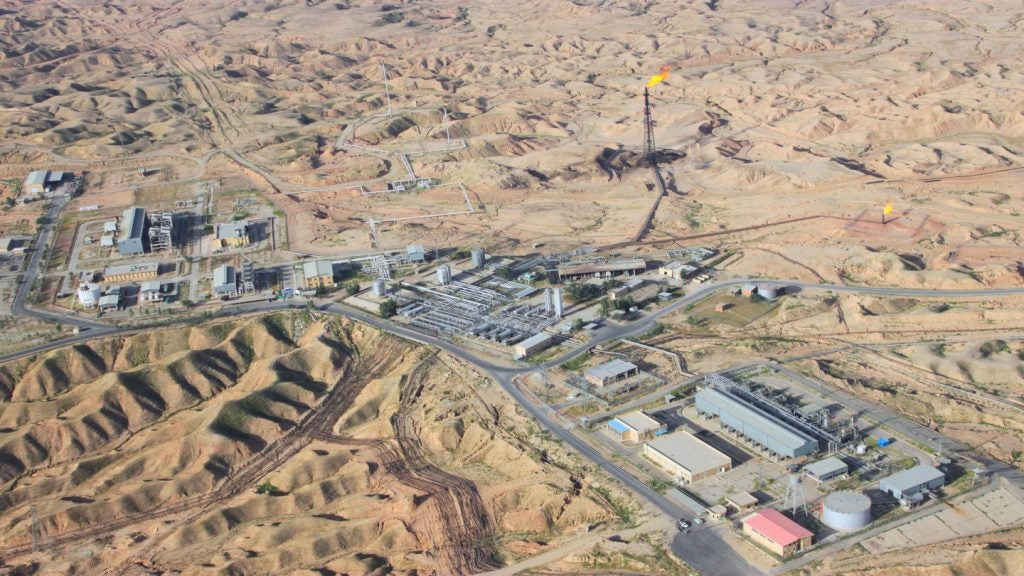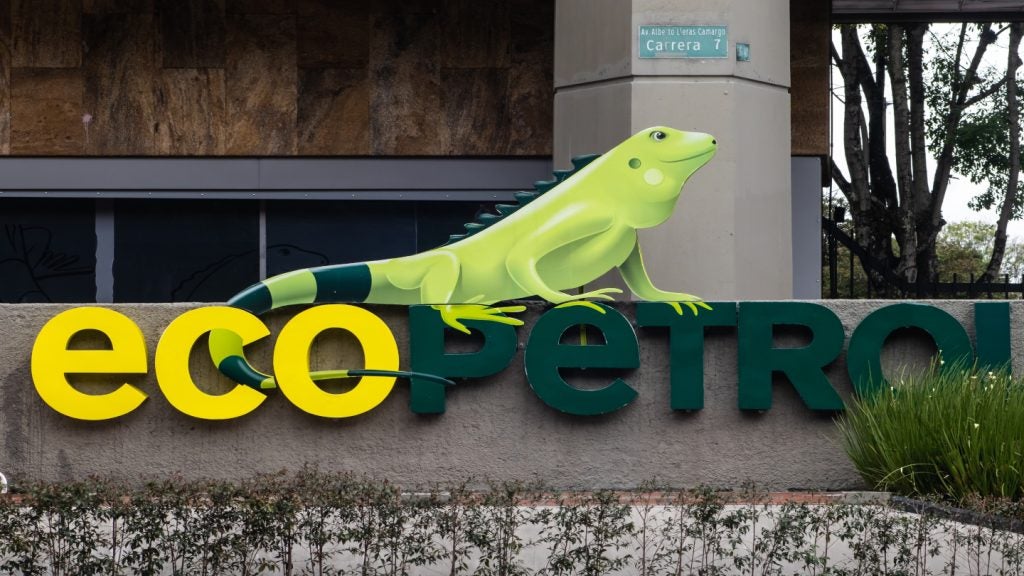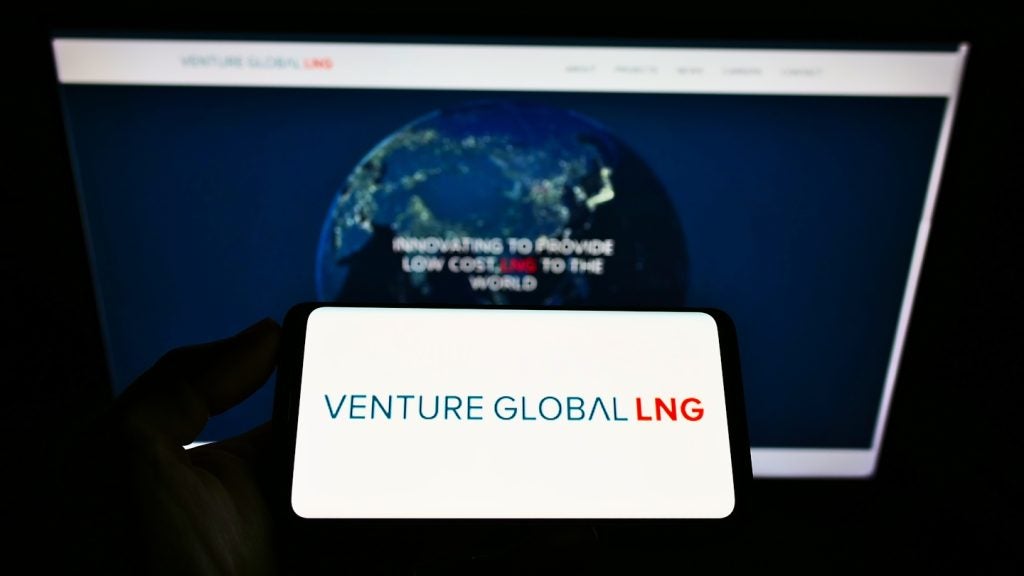Efforts to restart Iraqi oil exports to Türkiye have reached an impasse for the second time in a week, with discussions breaking down over pricing issues amid US pressure to recommence supplies, reported Reuters, citing two official sources with knowledge of the matter.
The two-year cessation of flows from the northern region of Iraqi Kurdistan to Turkey's Mediterranean port of Ceyhan has been a point of contention, with recent talks at Iraqi Oil Ministry headquarters in Baghdad, attended by an official from the US embassy, ending without resolution.
The US has been applying pressure on Iraq to restart the exports, with threats of sanctions if flows do not resume.
This stance is part of a broader "maximum pressure" campaign against Iran, aiming to curtail Tehran's oil exports and impact its nuclear programme.
The US administration's involvement in the talks reflects a strategic interest in increasing global oil supplies and also potentially lower prices and disrupting financial ties between Iraq and Iran.
The primary issue that caused the latest talks to falter was the proposed production cost of $16 per barrel (bbl) for approximately 185,000 barrels per day (bpd).
However, the Iraqi ministry would not extend this pricing to all production from Iraqi Kurdistan, a point that foreign oil companies operating in the region, including DNO, Genel Energy, Gulf Keystone Petroleum and Shamaran Petroleum, strongly opposed.
An earlier commitment by Baghdad to apply the pricing to all production was reportedly retracted, leading to further disagreements.
The Association of the Petroleum Industry of Kurdistan, representing 60% of the region's production, has called for formal agreements that ensure payment security for past and future exports and adherence to the production-sharing contracts model.
The US official's presence at the negotiations was at Washington's behest, with the aim of facilitating progress and finding solutions that satisfy all parties involved.
"There is strong insistence from the US side on ensuring the success of the negotiations by any means," stated a government official close to the discussions.
Iraq's position is delicate as it seeks to navigate geopolitical pressure from the US while maintaining its economic ties with Iran, a crucial ally amidst international sanctions.
The outcome of these negotiations will have significant implications for regional oil markets and international relations.
Iraq completed all necessary procedures to enable the resumption of oil exports via the Iraq-Turkey pipeline in February 2025.
















